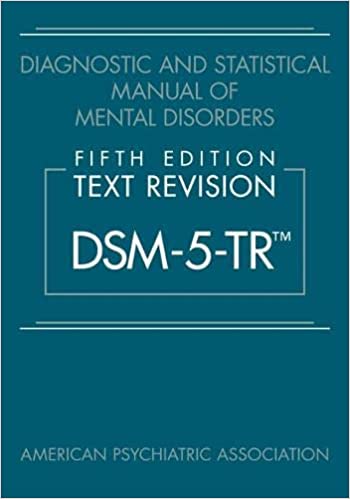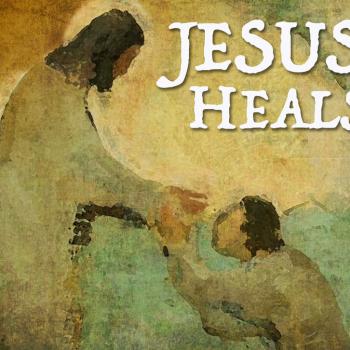 After many years of psychiatric debate about treating people who unnecessarily grieve the death of a loved one for a very extensive period of time, last week the American Psychiatric Association added a new and somewhat controversial “mental disorder” to its revised, 5th edition of its Diagnostic and Statistical Manual of Mental Disorders, which is abbreviated DSM-5. It is that mourning the death of a loved one is a mental disorder that can be clinically treated as such, and the expense incurred from such treatment can be covered by health insurance.
After many years of psychiatric debate about treating people who unnecessarily grieve the death of a loved one for a very extensive period of time, last week the American Psychiatric Association added a new and somewhat controversial “mental disorder” to its revised, 5th edition of its Diagnostic and Statistical Manual of Mental Disorders, which is abbreviated DSM-5. It is that mourning the death of a loved one is a mental disorder that can be clinically treated as such, and the expense incurred from such treatment can be covered by health insurance.
Many people have serious difficulty overcoming what is professionally diagnosed as “prolonged grief disorder.” In most cases, it is due to the death of a loved one. Some such victims never get over their loss due to difficulty with depression and thus don’t function properly for the rest of their lives. Psychiatrists often use cognitive therapy and perhaps drugs to treat these bereaved folks.
But there is some controversy in whether or not it should be deemed a mental illness. The New York Times reported about this last week, on May 18th. It quoted associate professor Joanne Cacciatore at Arizona State University, who has published widely on grief and operates a clinic for the grieved, as saying, “I completely, utterly disagree that grief is a mental illness.” Such professionals as Cacciatore believe grief is a natural response to loss and should be viewed as such.
Ms. Cacciatore explains, ““When someone who is a quote-unquote expert tells us we are disordered and we are feeling very vulnerable and feeling overwhelmed, we no longer trust ourselves and our emotions. To me, that is an incredibly dangerous move and short sighted.”
The main question that arises when considering this subject is, “What is a normal period of time for people to grieve?” I’m surprised that nothing was said in the Times article about various ethnic groups or other communities having a tradition of grieving for a certain length of time, in which they forgo life’s normal activities, and then resume normal life. One such group was the Hebrew people of antiquity.
The Bible relates that such a tradition was invoked when Aaron and then Moses died. Aaron was Moses’s brother and Israel’s first priest. We read in the Bible, “When all the congregation saw that Aaron had died, all the house of Israel mourned for Aaron thirty days” (Numbers 20.29 NRSV). And we read further, “Moses was one hundred twenty years old when he died; his sight was unimpaired and his vigor had not abated. The Israelites wept for Moses in the plains of Moab thirty days; then the period of mourning for Moses ended” (Deuteronomy 34.7-8).
Ancient Israel operated with a lunar calendar. Thus, the thirty days of mourning for Aaron and Moses was “a full month mourning” (Deuteronomy 21.13). During the thirty days following a person’s death, that person’s loved ones were to grieve by not doing their normal activities such as doing work or spouses having sexual intercourse. But when the thirty days had ended, they resumed normal activities.
I wonder if having such a tradition could help those people who experience intense grief for a longer period of time due to the loss of a loved one. What do you think?












